NYU Silver continued our tradition of innovation and excellence during the 2022-2023 academic year, with a continuing commitment to social justice and improving lives. These are just a few of the advancements that occurred this year.
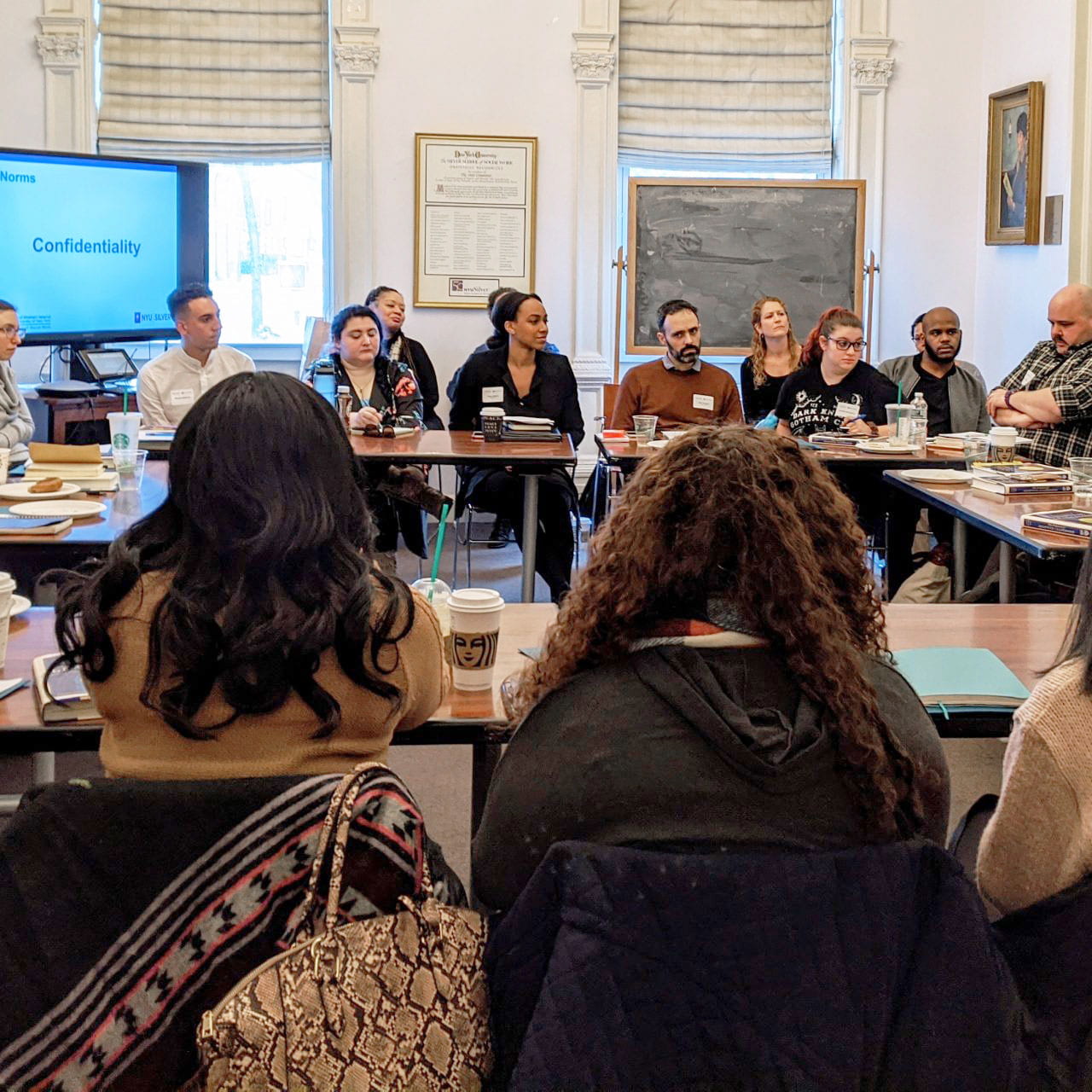 Adaptive Leadership in Human Services Institute
Adaptive Leadership in Human Services Institute
Founded by Dr. Linda Lausell Bryant in 2016, the Adaptive Leadership in Human Services Institute enables students, alumni, and human service practitioners to learn and apply the adaptive framework to engage challenges and support social change in their work.
This academic year saw the Institute receiving a one-year, $75,000 grant from the Staten Island Foundation to strengthen the capacity of Staten Island human services professionals to exercise leadership and make progress on big challenges within their own agencies and systems. The work includes an Adaptive Leadership Lab for identifying and collectively addressing an adaptive challenge related to improving the efficacy and impact of the Staten Island-based human services agencies at which they work.
In May, 29 Silver MSW Adaptive Leadership Fellows presented their progress on adaptive challenges in New York City institutions at a colloquium attended by the Silver community, family, and friends. Among the topics of their presentations were: increasing access to mental health services in NYC schools, improving food quality in BIPOC communities, and preparing students for ethical dilemmas in social work and social justice.
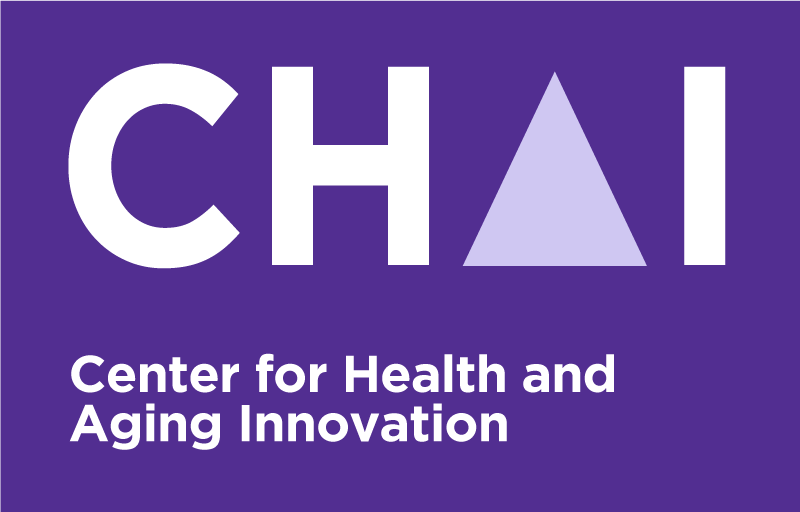 Center for Aging and Innovation
Center for Aging and Innovation
Led by Dr. Ernest Gonzales, the Center for Health and Aging Innovation (CHAI) aims to bolster health, choices, and opportunities for all older adults to be socially and vitally engaged in society. The Center accomplishes this through developing, testing, and refining theories to promote healthy aging; offering a range of educational courses on aging and health; and partnering with a large network of local and global practitioners, organizations, and government entities to test and innovate new programs and policies to promote healthy and productive aging. CHAI’s research was shared with policymakers, researchers, and practitioners globally, nationally, and locally with talks given at The Special Committee on Aging with the U.S. Senate, National Academies of Sciences in Washington DC, The World Bank, United Nations, and many leading academic institutions in the United States (e.g., Stanford University, MIT).
Through CHAI, the Silver School partners with the NY Foundation for Senior Citizens on the innovative Intergenerational Home Share Program, which matches grad students and adults over age 60 to share their living spaces.
In April, CHAI received $175,000 in general operating support from the Eisner Foundation to maintain a social worker to recruit, retain, evaluate, and oversee all intergenerational programming at NYU CHAI, as well as mentor and train the next cadre of social workers to go into the field of gerontology.
 Center for Drug Use and HIV/ HCV Research
Center for Drug Use and HIV/ HCV Research
The Center for Drug Use and HIV/HCV Research (CDUHR) is a National Institute on Drug Abuse-funded Center of Excellence that aims to end the HIV and HCV epidemics in drug using populations and their communities by conducting transdisciplinary research and disseminating its findings to inform programmatic, policy, and grass roots initiatives at the local, state, national and global levels.
During the past academic year, CDUHR provided a number of trainings to early career scholars to support their research and funding, as well as monthly scientific talks for the larger community on cutting-edge scientific issues. The newest postdoctoral fellow, Dr. Prema Filippone, became an Affiliated Investigator in CDUHR, thus including her in a large community of successful researchers and scholars.
As well, CDUHR is providing Dr. Lance Keene with training, resources, and support to submit his first National Institutes of Health R01 research grant, with additional support from the Silver Office for Research. Silver Dean Michael A. Lindsey is also a research affiliate of CDUHR and Associate Dean for Research Marya Gwadz is an Associate Director in CDUHR’s Transdisciplinary Research Methods Core.
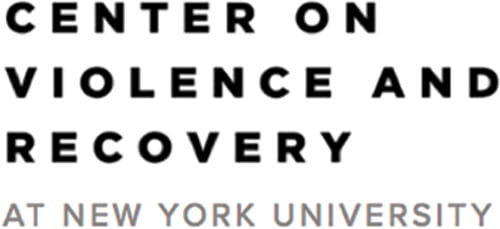 Center on Violence and Recovery
Center on Violence and Recovery
The Center on Violence and Recovery (CVR) is dedicated to advancing knowledge on the causes and consequences of violence and trauma and developing solutions that foster healing among individuals, families, and communities. CVR develops cutting-edge solutions to promote healing and transformation; conducts research studies on critical issues connected to trauma and restoration; and offers trainings, workshops, and lectures on topics related to trauma and healing. CVR has spent nearly two decades partnering with local judges, prosecutors, defense attorneys, treatment providers/community-based organizations, victim advocates, foundations, and community members in implementing and studying the use of restorative justice to address domestic violence crimes in communities across the nation. The Circles of Peace model, the first of its kind in the United States to use restorative justice principles to treat those arrested for domestic violence crimes, was developed by CVR in 2004. This past academic year CVR has been working with several new jurisdictions across the country to develop and implement Circles of Peace programs. These efforts are being led by Briana Barocas and Krystal McLeod.
In February, CVR’s Founder and Executive Director, Linda G. Mills, was announced to be the next President of New York University.
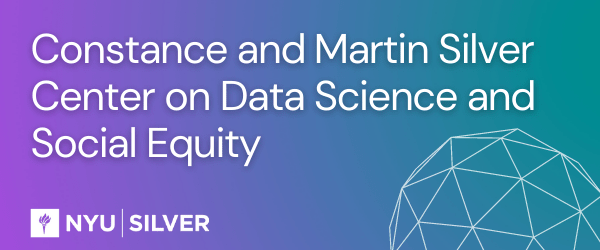 Constance and Martin Silver Center on Data Science and Social Equity
Constance and Martin Silver Center on Data Science and Social Equity
With Amanda Ritchie as Director of Center Operations, the Constance and Martin Silver Center on Data Science and Social Equity (C+M Silver Center) supports scholarship and early development of innovations in the field of data science for social equity impact, including studies harnessing big data and using artificial intelligence. In order to leverage the growing availability and complexity of such data, the C+M Silver Center helps to develop and nurture the scientific skill set of NYU Silver faculty, doctoral students, and researchers.
The C+M Center was selected to host a Summer Institute in Computational Social Science in June. It will bring together graduate students, postdoctoral researchers, and early career faculty from social work and other disciplines to promote collaboration and research on computational social science for social good.
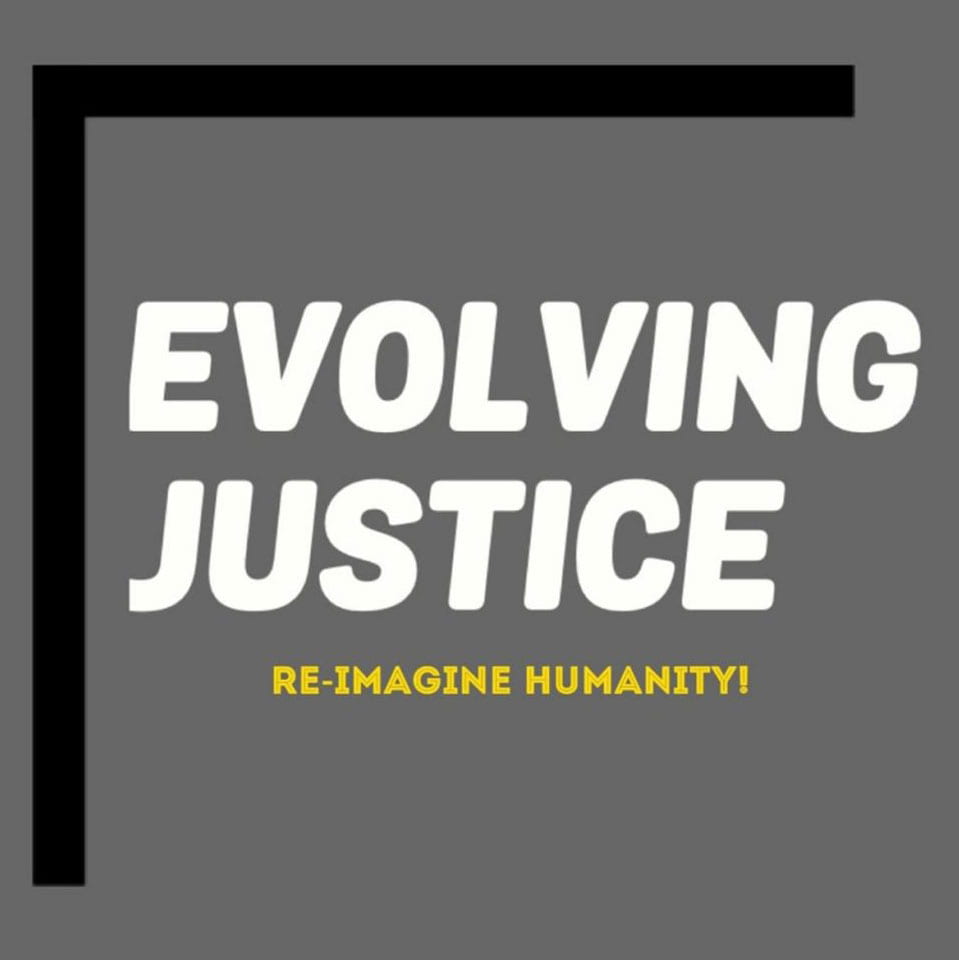 Evolving Justice
Evolving Justice
Established by Dr. Kirk “Jae” James, Evolving Justice is an educational initiative for social workers, advocates, and concerned people that aims to build community; co-create brave space; and facilitate various dialogue(s) towards the emancipatory exploration of JUSTICE in theory and action.
In July, Evolving Justice presented “The Mental Health Salon,” a community conversation co-hosted by Dr. James, Dr. Michelle R. Munson, and Sejal Mehta, MSW ’22, to humanize and increase understanding of the current mental health crisis facing our society and to share the tools and practices that we are utilizing for health and healing.
 Information for Practice
Information for Practice
Developed and edited by Dr. Gary Holden, Information for Practice (IP) is the international news and new scholarship dissemination site, which along with the related Twitter account (@Info4Practice), are the most recent versions of a line of interventions that began in 1993. It provides social workers access to a daily aggregation of content relating to the field. As of the end of the academic year, it was reaching several thousand site visitors a day and more than 1,000 Twitter impressions daily. The constantly updated, free, service is hosted at ifp.nyu.edu,
 McSilver Institute for Poverty Policy and Research
McSilver Institute for Poverty Policy and Research
Led by Executive Director Rosemonde Pierre-Louis, the NYU McSilver Institute for Poverty Policy and Research is committed to creating new knowledge about the root causes of poverty, developing evidence-based interventions to address its consequences, and rapidly translating research findings into action through policy and best practices. It houses the AI Hub at McSilver, which was established to investigate how artificial intelligence-driven (AI) systems can be used to equitably address poverty and challenges relating to race and public health, and to provide thought leadership on the implications.
It is also home to the Technical Assistance Centers, which are training, consultation, and educational resources serving all mental health, substance use disorder and child welfare agencies in New York State, as well as infant and early childhood mental health providers throughout New York City. In January, the New York State Office of Mental Health provided a $4.4 million grant over two-and-a-half years for the Peer Support Services Technical Assistance Center (PeerTAC).
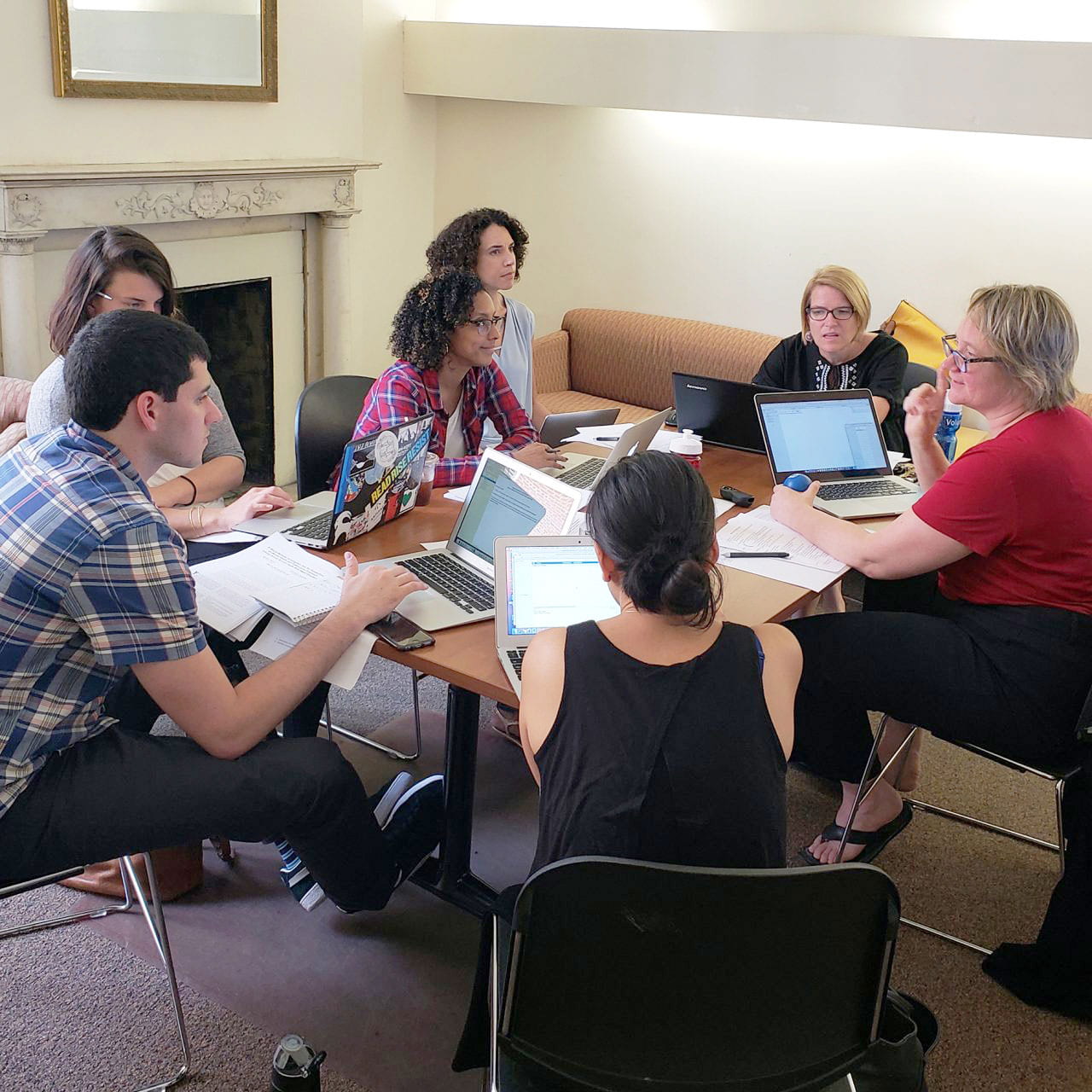 Youth and Young Adult Mental Health Group
Youth and Young Adult Mental Health Group
Directed by Dr. Michelle R. Munson, the Youth and Young Adult Mental Health Group (YYAMH-G) is a group of invested partners dedicated to understanding the transition to adulthood among vulnerable populations of youth and young adults, and learning how to make the transition more successful for more young people. More specifically, the group draws on the expertise of individuals from across the United States to develop knowledge, practice approaches, and implementation strategies. Among their projects are Just Do You (JDY), a brief intervention designed to improve mental health treatment engagement among marginalized young adults who are experiencing one of their first contacts with the adult mental health system; and Cornerstone, a multi-component psychosocial intervention providing coordinated community care.
The December 2022 issue of Schizophrenia Research includes a study article about the impact of Just Do You, describing positive engagement outcomes and increased buy-in for treatment. The lead author was Dr. Munson, and co-authors from Silver included Drs. James Jaccard, Victoria Stanhope and Kiara Moore; and doctoral student Aaron Rodwin.
In May, Dr. Moore received a K23 Patient-Oriented Research Career Development Award from the National Institute of Mental Health, with total funding of $738,697 over 4 years to adapt and test a mental health services engagement program for racial and ethnic minority young adults.
 Zelda Foster Studies Program in Palliative and End-of-Life Care
Zelda Foster Studies Program in Palliative and End-of-Life Care
Directed by Dr. Susan Gerbino, NYU Silver’s Zelda Foster Studies Program in Palliative and End-of-Life Care encompasses a range of initiatives designed to develop and mentor the next generation of social work leaders in palliative and end-of-life care with a social justice mission that includes increasing provider diversity and access for under-served populations. Dr. Gerbino gave a presentation on the multi-faceted program at the 2023 National Symposium for Academic Palliative Care Education, sponsored by the Shirley Haynes Institute for Palliative Care at California State University.
In the 2022-23 Academic Year, the Zelda Foster Studies Program held the first ever Adaptive Leadership Lab in Palliative Care to identify adaptive challenges in the field and work to generate solutions as a part of a three-year grant from The Fan Fox and Leslie R. Samuels Foundation.
In January, the Program marked the 15th anniversary of its MSW Fellowship, which has prepared more than 100 NYU Silver MSW graduates to provide high-quality, evidence-informed services in palliative and end-of-life care to the growing number of people worldwide facing serious or life-threatening medical illnesses.
Thanks to a grant from the 291 Foundation, the Program was able to send four MSW students to the Social Work Hospice & Palliative Care Network’s 2023 General Assembly (SWHPN) in April and one MSW student to the Association of Oncology Social Work conference (AOSW) in June.
Four members of the Zelda Foster Studies community received awards at SWHPN: Jennifer DiBiase, DSW ’23, received the Award of Excellence in Clinical Practice; Faculty Member Terry Altilio received the Award of Excellence in Professional Education; and MSW Fellow Fariza Alendy, MSW/MPH ’19, and Post-Master’s Certificate recipient Heather Menzer, DSW ’24, jointly received the Best Research Poster Award. Two members of the Zelda Foster Studies community received awards at AOSW: Leadership Fellow and Mentor Lisa Capparella received the Oncology Social Worker of the Year Award and Mentor Dr. Barbara Jones received the Quality of Life Award.
